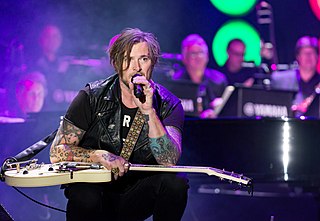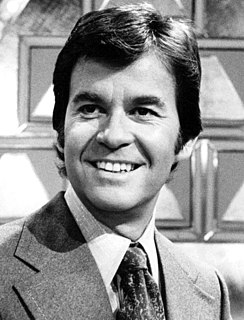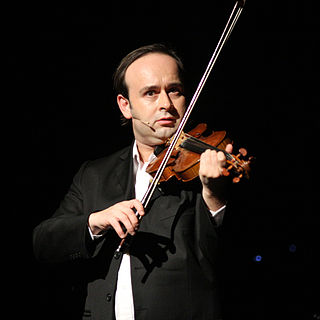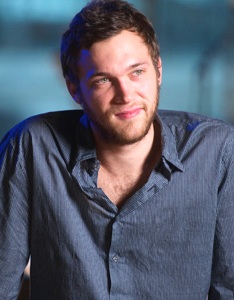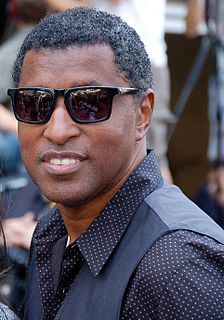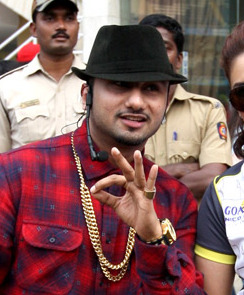A Quote by Robin Marantz Henig
The music that was popular in your youth seems to be the music you recall most vividly - and most nostalgically - for the rest of your life. But so is the music that was popular in your parents' youth.
Related Quotes
Music and time have such an interesting relationship. Music makes time fall away like almost nothing else. You hear a song from another moment of your life and it really is like you're still there. That's why the music of our youth ends up being particularly powerful. The coming of age music that you grab a hold of as the symbol or the expression of your independence and hopes for the future and anger and rebellion or whatever it is you're feeling is so powerful for the rest of your life when you hear it.
Your youth is the most important thing you will ever have. It's when you will connect to music like a primal urge, and the memories attached to the songs will never leave you. Please hold on to everything. Keep every note, mix tape, concert ticket stub, and memory you have of music from your youth. It'll be the one thing that might keep you young, even if you aren't anymore.
If all music did was bring the past alive, that would be fine. You can hide away in music and let it recapture memories of things that used to be.
But music is greedy and it wants more of your heart than that. It demands the future, your future. Music wants the rest of your life. So you can't rest easy.
At any moment, a song can come out of nowhere to shake you up, jump-start your emotions, ruin your life.
It is against the spirit of our non-discriminating times to openly prefer one sort of music to another, so let's just say that hearing grand orchestral music in a public place is exhilarating in a way that hearing popular music never can be, if only because, in a popular music age, a full orchestra is less familiar to our ears.
I want people to feel what it was like in the '40s. That's when popular music in the United States was so beautiful. Frank Sinatra, the Pied Pipers, Duke Ellington, Fletcher Henderson, Tommy Dorsey, Billie Holiday. That's when popular music had deeper values, to me. This was music that was selling millions of records.


